A selection of resources helps cities and transit agencies to respond to the coronavirus crisis.
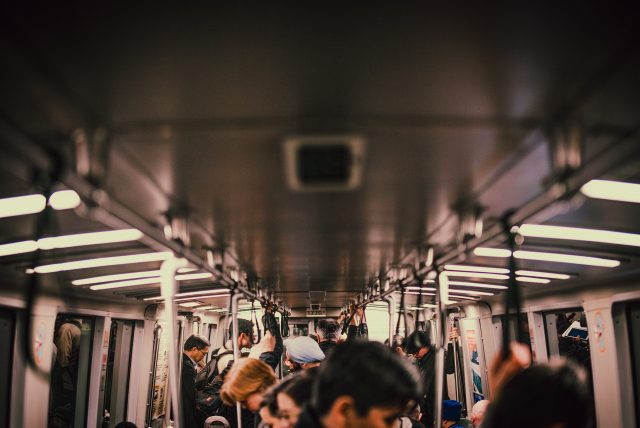

A selection of resources helps cities and transit agencies to respond to the coronavirus crisis.

In France and Spain women can use code words to report domestic abuse at pharmacies.
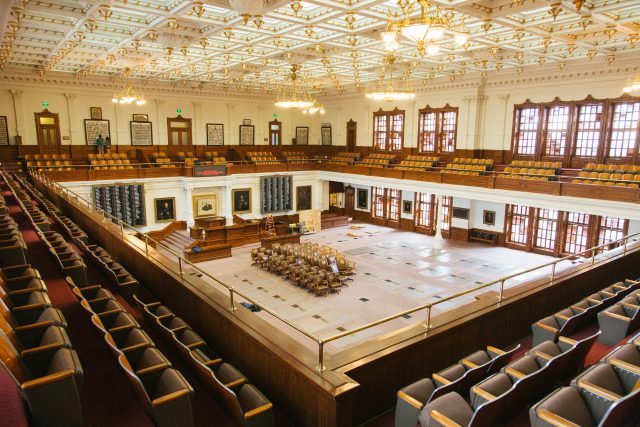
Ghent (Belgium) councillors followed the council meeting online on their home computers. It was the largest digital council meeting ever held in Flanders.
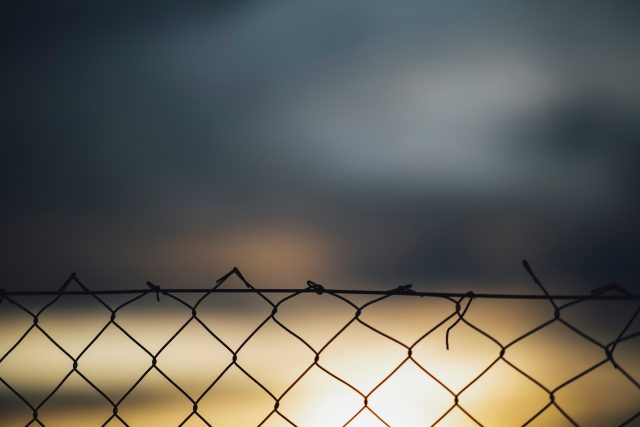
Portugal gives temporary citizenship rights to migrants and asylum seekers to grant them equal access to the health care and social security system.

Act.Now gives insights into how regional governments and municipalities successfully manage the crisis.
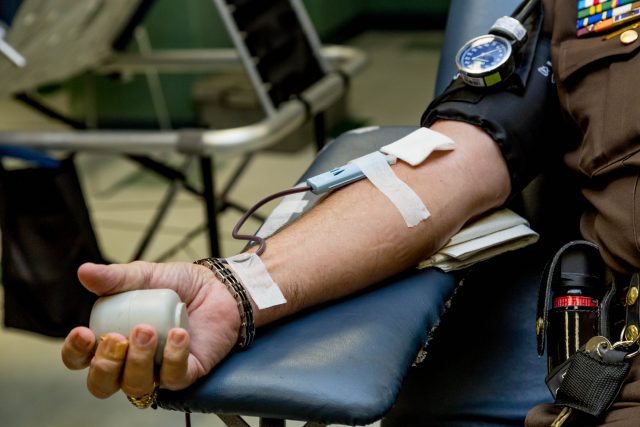
To make blood donations possible, an online platform was created that allows citizens to book personal appointments in special donation facilities.
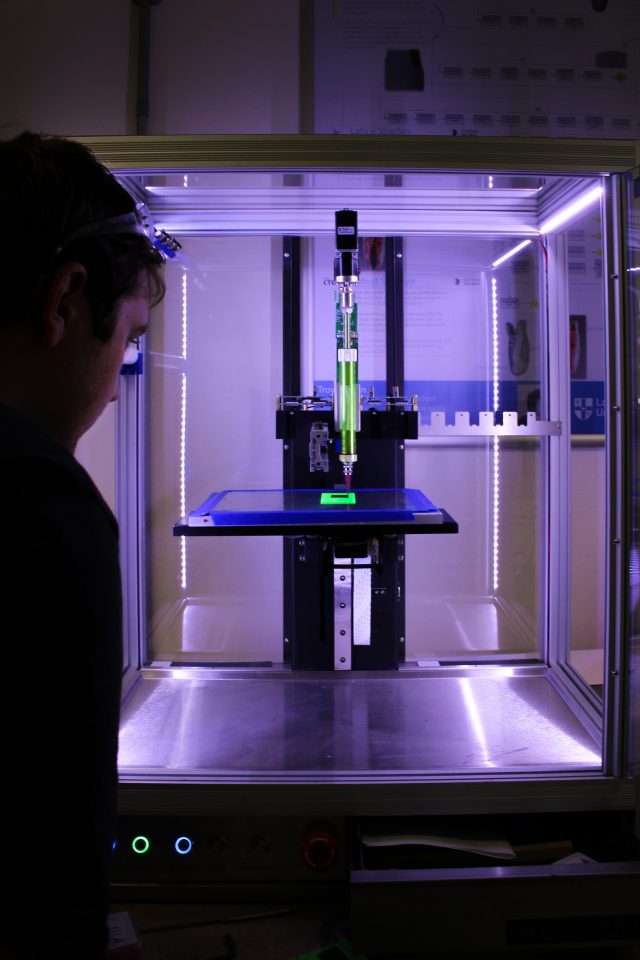
To overcome the shortage of protective equipment in the elderly care unit in the City of Malmö, government employees used 3D printers to find a solution.

A Swedish library organises contactless pick-ups of books outside the library to provide reading material during the lockdowns.

To reduce the rate of infection and help people avoid infection, Bluetooth can be used to detect users when get close enough to infect each other.
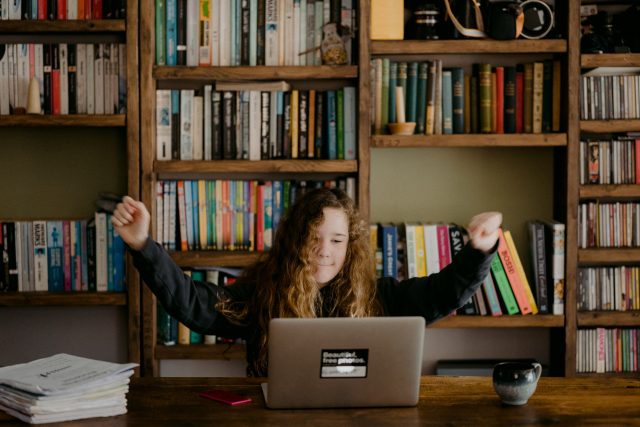
A programme by the City of Plovdiv in place since 2016 serves as a perfect starting point to tackle the challenges parents and schools face during lockdown.
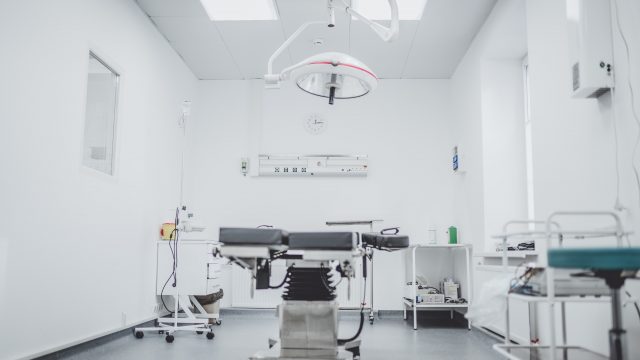
The German Interdisciplinary Association of Intensive Care and Emergency Medicine publishes a daily report about the situation in German hospitals.
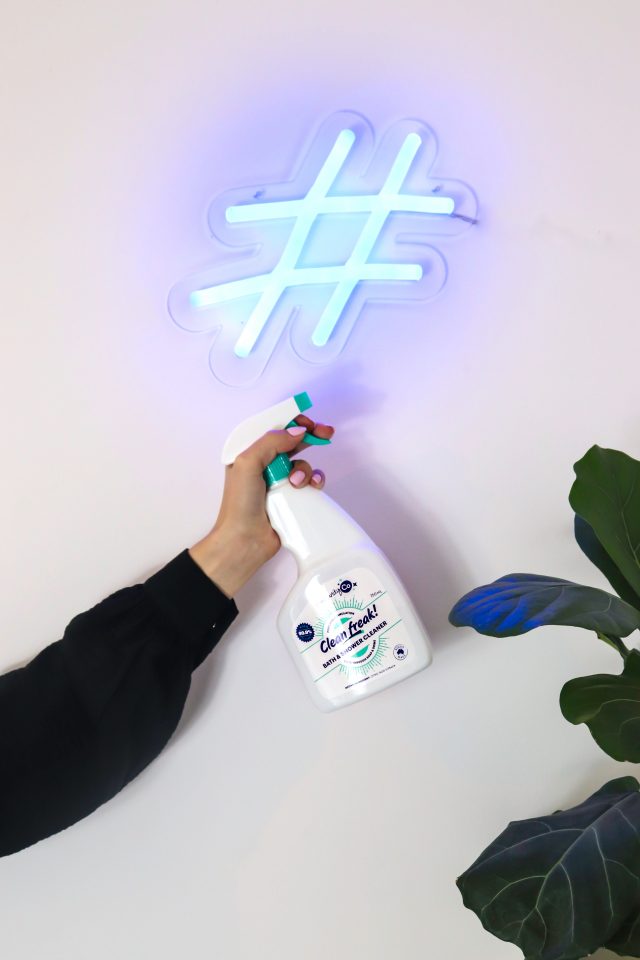
To make as many learning resources available online, the City of Gdynia offers a variety of online platforms, online services and websites.
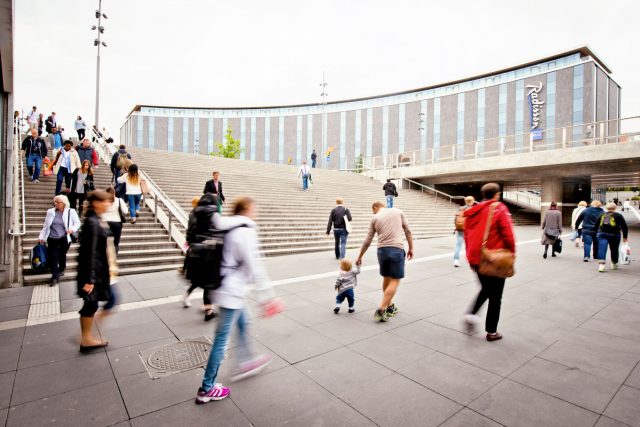
To be prepared for a shortage of employees in its services due to Covid-19 related sick leave, the City of Uppsala set up its own job platform.
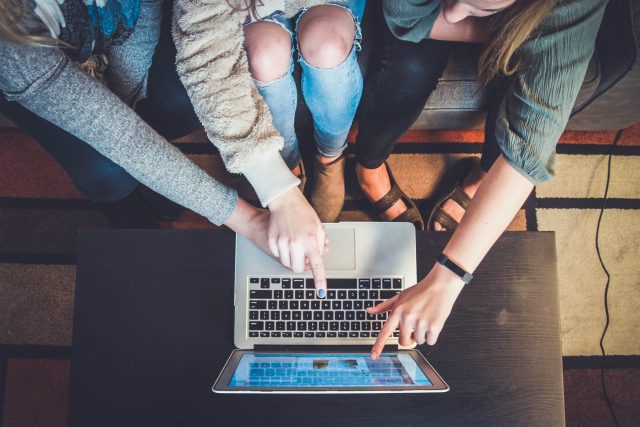
To ensure that all students are provided with laptops for digital learning, a US county gives free laptops to students in need.
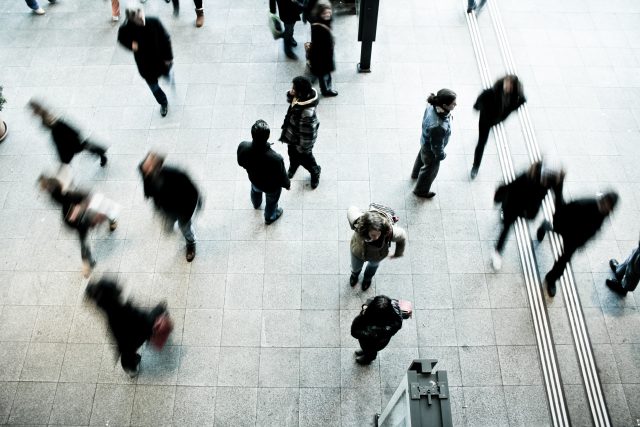
To connect those who offer help and those who need help, the City of Linz created a crowdsourcing platform.
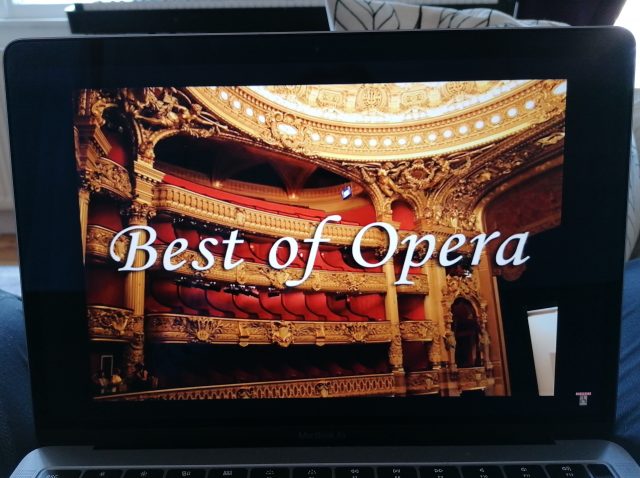
A knowledge base provides the citizens of Linz with an overview of all opportunities for enjoying cultural offers online.
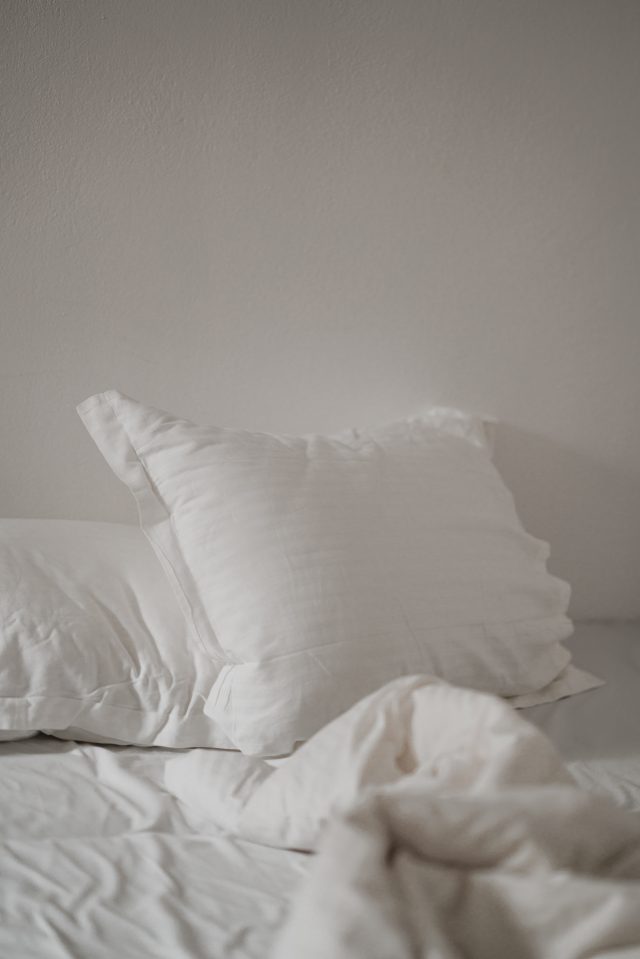
A total of 53 individual accommodation spaces will be available for patients placed in Covid-19 quarantine at the Peleș Castle, one of the most beautiful castles in all of Europe.
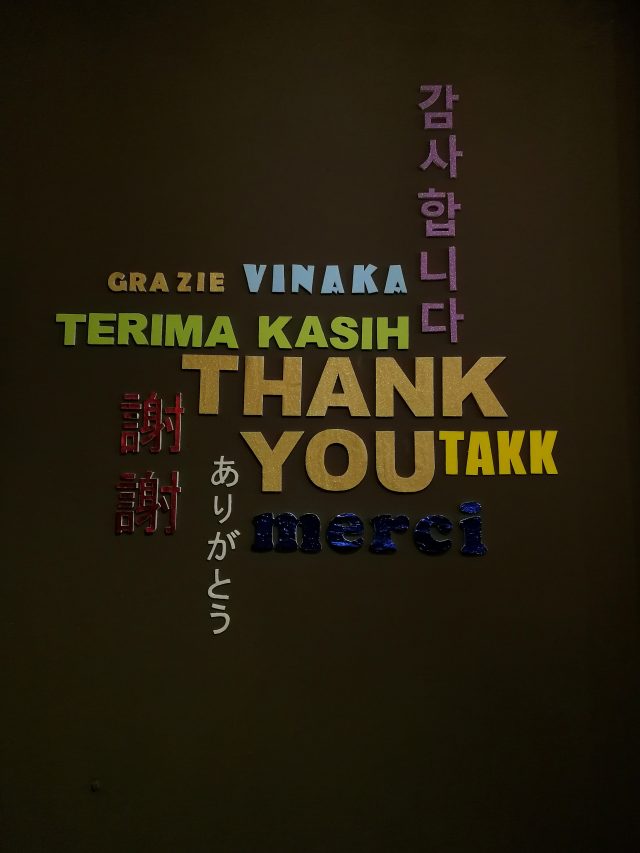
A Norwegian platform offers educational material in Norwegian as well as in the country’s main immigrant languages.

Creatives can help to help spread public health messages in ways which are effective, accessible and shareable.
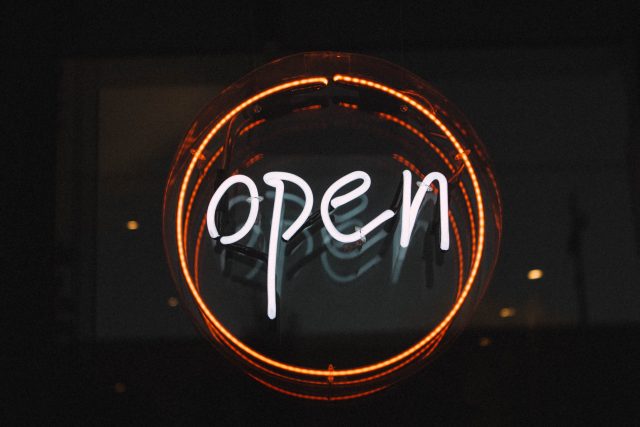
The Open Government Partnership activated its community to provide the general public with information on open government approaches to tackle Covid-19.